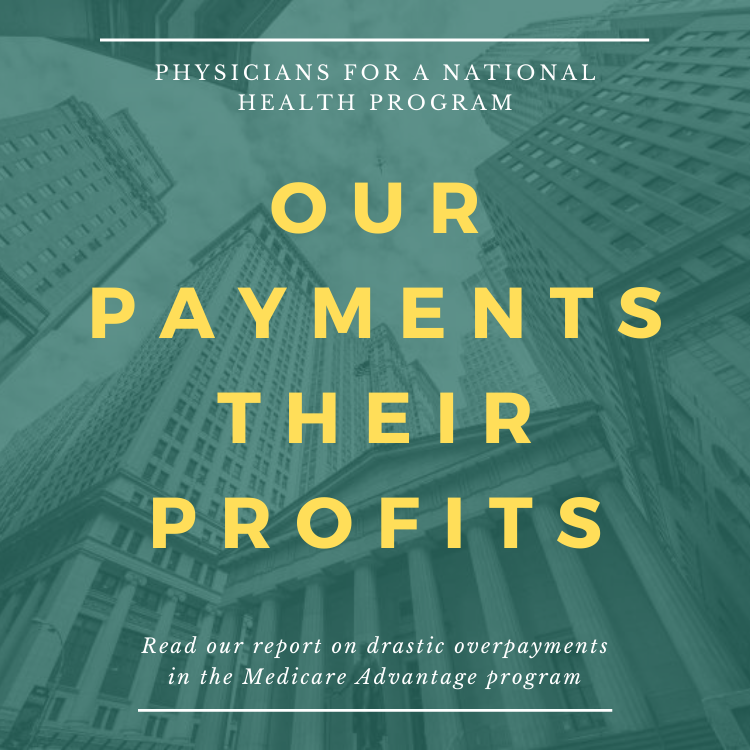Aetna
July 26, 2012
Aurora Health Care has joined with Aetna to bring employers a new type of commercial health plan designed to improve employees’ health care experience and health outcomes, while controlling costs.
The Aurora Accountable Care Network offers a price guarantee to employers built upon a health care model that improves quality, outcomes and the patient experience. This type of price guarantee is possibly the first of its kind among accountable care models. Employers will see real savings in what they spend on health care as a result of improved patient outcomes and greater efficiencies.
Mark T. Bertolini, Aetna chairman, CEO and president, said, “We are building on our strong provider relationships to establish a nationwide accountable network that offers better care at a lower cost for everyone. Aurora Health Care has revolutionized health care in Wisconsin. Aetna’s industry-leading care management programs and consumer tools together with Aurora’s outstanding patient care model will lead to a better overall health care experience.”
“Aetna views accountable care organizations as a model for making health care work better for everyone,” said Bill Berenson, Aetna market president. “Aurora has demonstrated it can improve outcomes through how it integrates patient care and implements best practices. Together with Aurora, Aetna will offer more affordable and more personalized health benefits to Wisconsin employers and their employees. This is the future of health care.”
The Aurora Accountable Care Network achieves this level of health care quality and personalized service through Aurora’s integrated system of more than 1,500 physicians, 15 hospitals and 160 clinics in eastern Wisconsin and northern Illinois.
http://www.aetna.com/news/newsReleases/2012/0726-Aetna-and-Aurora-Health-Care.html
Comment:
By Don McCanne, MD
Accountable care organizations (ACOs) are supposedly a new model of health care delivery systems which are designed to reduce health care spending while improving the quality of care. Aurora Health Care is an established integrated delivery system that recently has been approved by CMS to participate in the “shared savings” program authorized by the Affordable Care Act.
Supporters of this concept have assured us that these entities are distinctly different from HMOs. But are they?
Aurora Health Care has now joined with for-profit, private insurer Aetna as part of Aetna’s plan to “establish a nationwide accountable network that offers better care at a lower cost for everyone.”
That’s exactly what we heard during the managed care revolution when the HMO explosion took place, abandoning the model of pure integrated health systems (e.g., Kaiser Permanente), and instead establishing entities, whether composed of groups or networks, dominated by private insurers.
How can this be considered a new model when it appears to be the same old, same old. They haven’t even bothered to rearrange the deck chairs.
